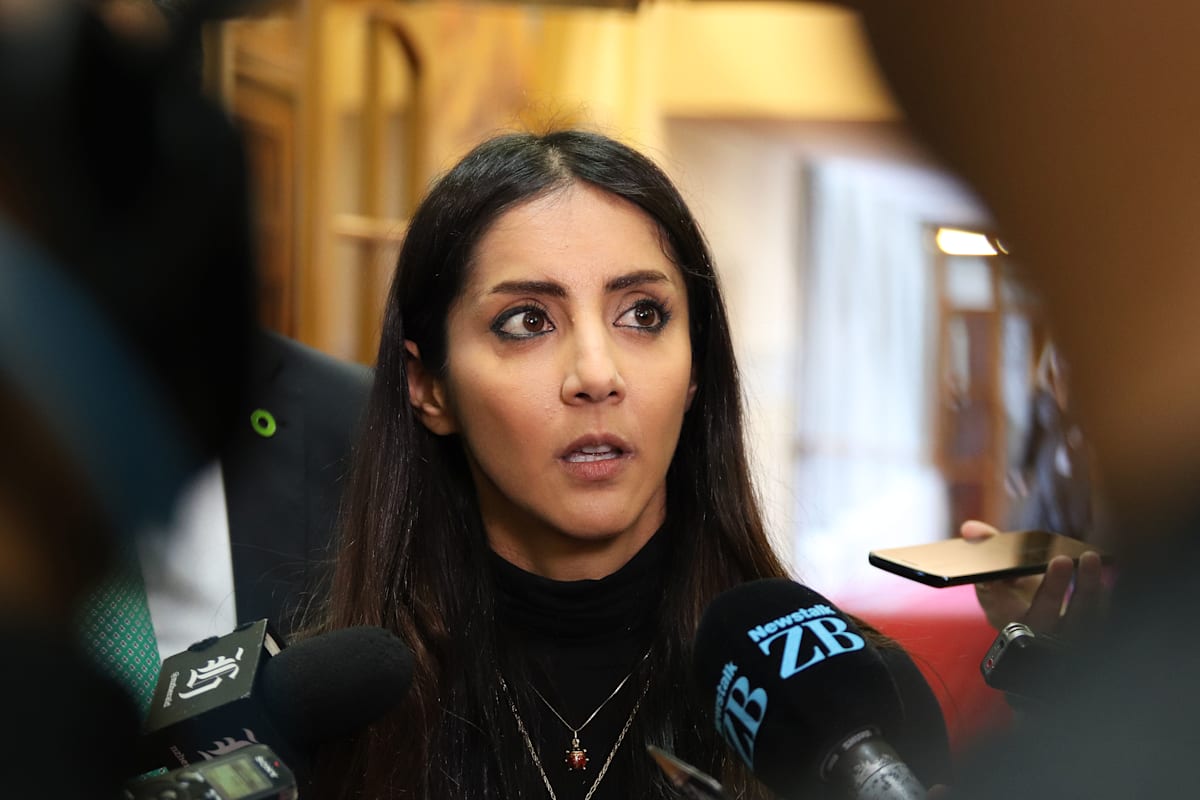
Russia and Myanmar are due to host an international meeting on tackling terrorism this month - but New Zealand will not be at the table after deciding not to be seen as supporting the regimes
New Zealand has joined a boycott of an upcoming counter-terrorism meeting being co-chaired by the Russian and Myanmar militaries, in a move welcomed by activists.
The decision marks a change in tone from just months ago, when Kiwi defence officials said the Government could not “unilaterally make decisions” on which other countries took part in international forums.
Last month, Myanmar Now reported the Australian government had pulled out of an Association of Southeast Asian Nations (Asean) defence ministers’ meeting of counter-terrorism experts, ruling out both physical and virtual attendance for the first time since 2011.
The meeting is due to be held in Moscow from July 20 to 21, with Myanmar and Russia having served as joint chairs of the counter-terrorism working group since the start of 2021.
Both countries have drawn global condemnation over human rights abuses, following Myanmar’s military coup in early 2021 and Vladimir Putin’s invasion of Ukraine.
Now, New Zealand has followed Australia’s lead in opting out of the Moscow event.
Michael Swain, the Ministry of Defence’s deputy secretary for defence policy and planning, told Newsroom the Government would be neither attending nor participating in the proceedings.
“Officials consider such invitations carefully in terms of New Zealand’s interests. We concluded that the benefits of attending to convey New Zealand’s views are outweighed by the risks of being portrayed by Russia and Myanmar as supporting their approach.”

In May, Newsroom reported on concerns about the Government “legitimising” the two countries’ regimes through participation in international meetings, including an Asean defence senior officials’ meeting in Cambodia that month.
In a response at the time, a Ministry of Defence official said: “We respect Asean’s role as convenor of this process. We cannot unilaterally make decisions on how other members participate in these forums.”
“We continue to participate in this process in order to speak directly on these issues of concern to New Zealanders,” the official added.
Green Party foreign affairs spokeswoman Golriz Ghahraman said she supported the Government's decision. While the Greens did support diplomacy and dialogue, it would not be appropriate to engage with either Myanmar or Russia in the counter-terrorism setting.
"Their acting as hosts of a forum sends absolutely the wrong messages, particularly to victim communities, that perpetrators of these crimes can be recognised an an international level."
Ghahraman said the Government needed to speak out more strongly about the illegitimacy of the military regime in Myanmar.
Justice for Myanmar spokesperson Yadanar Maung told Newsroom the activist group supported New Zealand's boycott "which should send a loud message to Asean and its other dialogue partners that continue to legitimise the Myanmar military junta".
Lending the murderous junta legitimacy, a platform and opportunities for military cooperation has emboldened it to commit further atrocities, making it likely that Asean is complicit in the junta's international crimes." - Yadanar Maung, Justice for Myanmar
"Asean's Five Point Consensus on Myanmar has failed to stop the junta's extreme acts of violence, which include indiscriminate airstrikes, shelling, arbitrary arrest, murder, rape and torture.
"Lending the murderous junta legitimacy, a platform and opportunities for military cooperation has emboldened it to commit further atrocities, making it likely that Asean is complicit in the junta's international crimes."
Maung said New Zealand should also refuse to participate in other Asean meetings where the junta was present, as well as supporting the National Unity Government and imposing sanctions against military leaders and their business interests.
The counter-terrorism meeting’s location in Moscow may be a factor in the change of approach, along with the fact Myanmar and Russia are taking part as joint chairs rather than mere participants.
While New Zealand’s stance on Myanmar has not drawn much public attention, Australia has come under pressure from civil society groups to take a tougher stance against the military regime.
Last week, Australian foreign minister Penny Wong said new sanctions against the junta were “under active consideration” by Canberra.
Aotearoa is unable to follow suit due to the lack of an autonomous sanctions regime, while China and Russia have reportedly blocked attempts at action through the UN.
The Government earlier this year extended travel bans on officials associated with the coup, with Foreign Affairs Minister Nanaia Mahuta calling “for the immediate cessation of all violence, and for the release of all those arbitrarily detained, including Aung San Suu Kyi and others who continue to face politically-motivated charges”.







